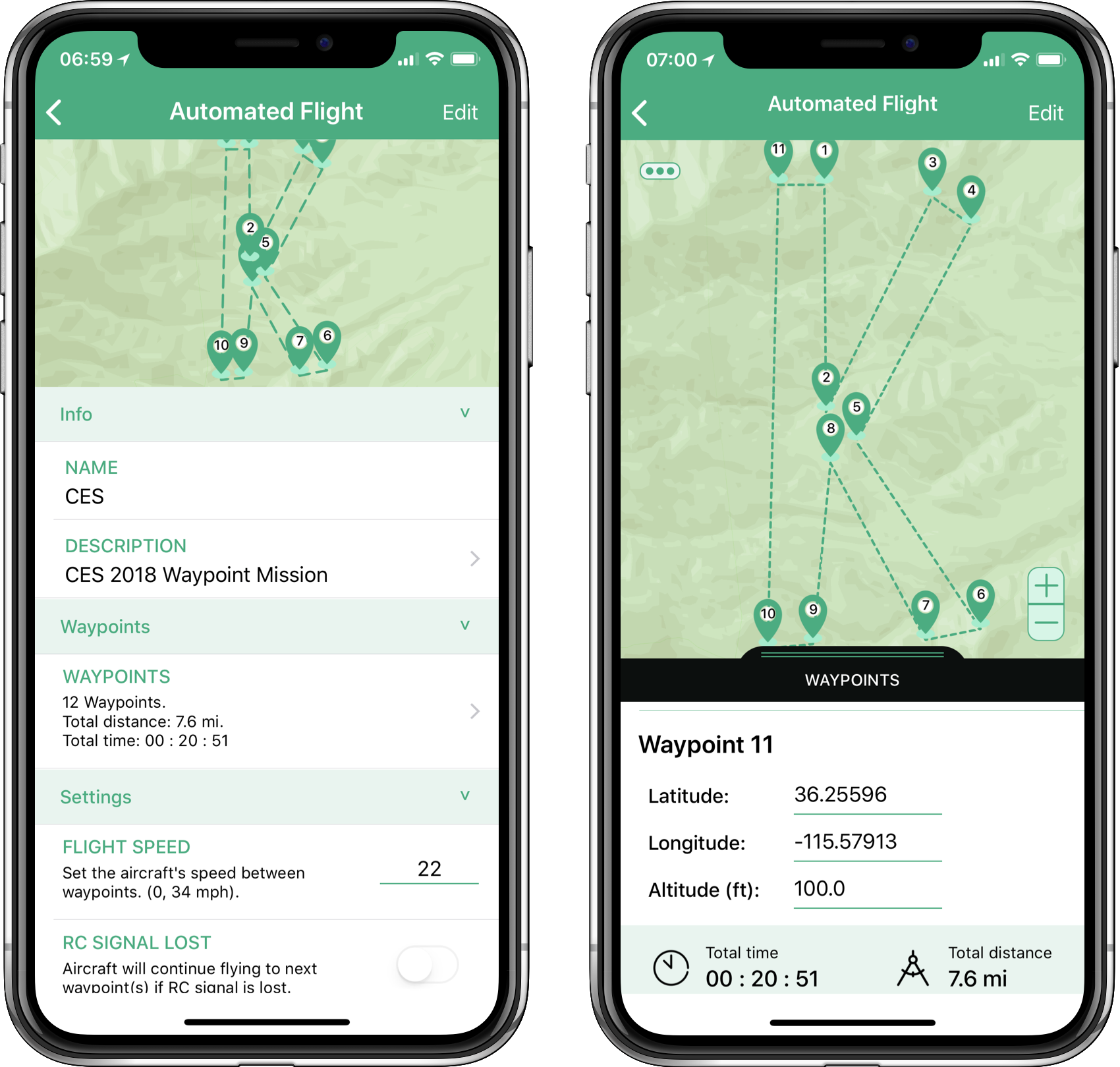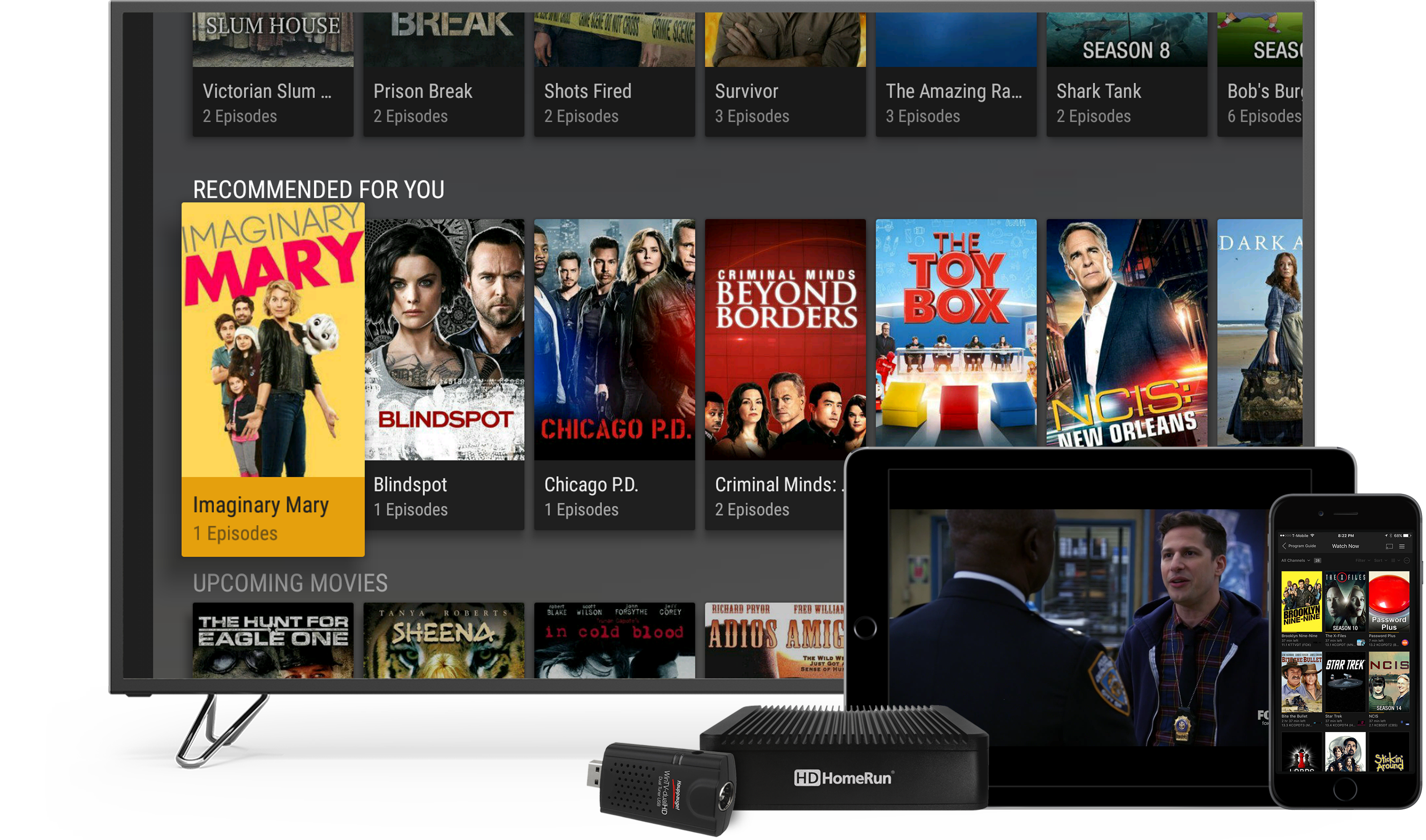Bringing influencer marketing to small businesses, Unity Influence raises $1 million

Influencer marketing is the “in” thing right now that all the hip brands are using to stay relevant with their even hipper young audiences.
While it used to be the province of big brands cutting big deals with big influencers, there’s a second or third tier to the influencer market — one that’s more targeted to specific niches — and one that’s been hard for small and medium-sized businesses to crack.
Well, Unity Influence believes it has a low-cost, machine-learning-enabled solution to connect these micro-influencers with the small businesses who want to use their targeted reach for marketing purposes … and open up a new category to the benefits of influencer pitches. And the company just launched from its private beta to take on new customers.
The company, currently working out of offices in South San Francisco and Los Angeles, was founded by Jacobo Lumbreras, who previously worked for the employee assessment service Yoi Corp., and Patrick Ip, who previously ran small and medium-sized business retention for Google’s AdWords business.
The two men are members of the Kairos Society, and first met at StartingBloc, a fellowship and training program for social entrepreneurs.
Both had been mulling how to build an influencer marketing engine that would be more accessible to small businesses… and arguably more successful than the standard AdWords campaigns and Facebook ads that are the typical ways that small businesses drive traffic online.

Despite the lack of transparency or data on the efficacy of influencer marketing, Ip and Lumbreras see an opportunity to expand the existing market and bring some technological efficiency to the process.
That’s not to say there aren’t already companies trying to carve out space. Companies like Nuvi, SocialToaster, Izea, Scrunch, and Babblebox all tout influencer marketing solutions.
Brands spent around $570 million on influencer marketing, according to an eMarketer survey cited by Digiday. The same article broke down some other numbers and found the price range per post for influencers with between 500,000 and 1 million followers falls between $5,000 and $10,000.
What Lumbreras and Ip say they offer is a system that is more automated than their competitors, which the two said act more like traditional advertising agency shops.
Most startups in the influencer advertising world require manual searches for influencers and manual approval of contracts. That creates additional costs and friction in the buying process, that Ip argues Unity alleviates.
“At Google I worked on advertiser retention. And one of the things we wrestled with was high churn with small business customers,” Ip said.
The lesson was to make the process as simple as possible. So the company has users fill out a single form for the business they’re in and the types of audience they want to reach. Unity dos the rest and charges only $200 for a campaign.
“For us, our focus is on what we call micro-influencers,” said Ip. “If you get a big influencer their engagement rate is 2% to 3%. With micro-influencers it’s 6% and for our power users it’s 10% to 12%.”
The influencer marketing world will only gain ground, according to Ip, because organic reach is “getting killed”.
For the company, the categories that are most active right now are food and fitness. Brands in each category are always looking to find new ways to reach an audience and gain that critical first foothold in their market. Often, an influencer endorsement can help.
The argument was strong enough to attract 9 angel investors to back the company, including
“We’re trying to build this third way,” between native advertising and traditional targeting, says Ip. “We’re trying to do human advertising and human content, but do it at internet scale.”
Featured Image: Sonia Martinez / EyeEm/Getty Images
Published at Sat, 14 Oct 2017 01:50:05 +0000





